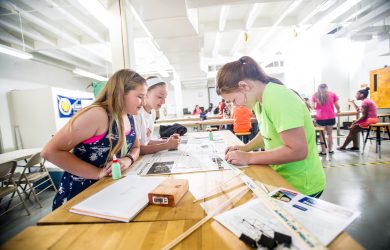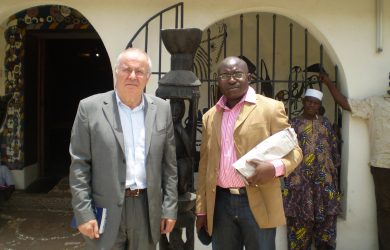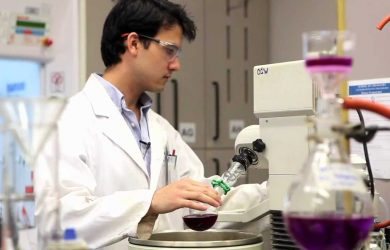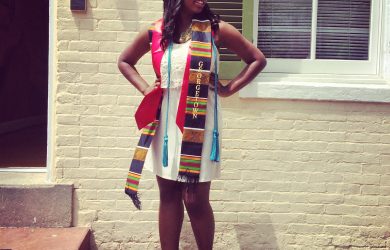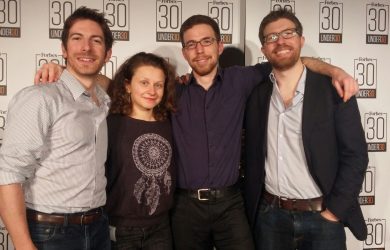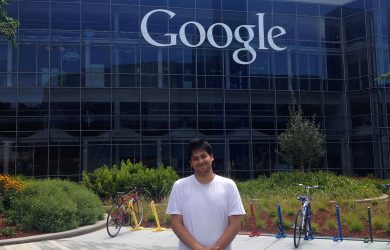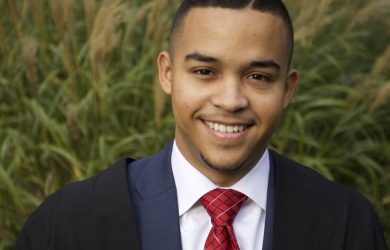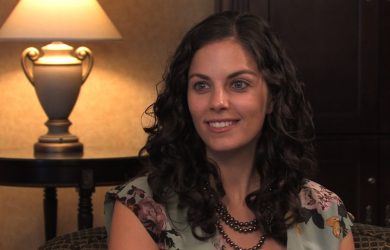News
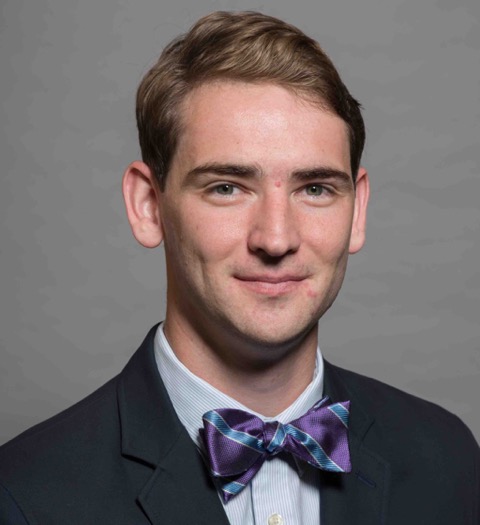
Benjamin Cocanougher
- Alumni
- United States
- 2016 PhD Zoology
- St Catharine's College
I grew up catching praying mantises and damselflies in rural Kentucky. As an undergraduate at Centre College, I majored in Biochemistry and Molecular Biology; I spent my summers taking care of sick children at the Center for Courageous Kids and doing research in organic chemistry and neuroscience. I matriculated directly to the University of Rochester School of Medicine and Dentistry and completed my first three years of medical school. I then moved to Janelia Research Campus as a HHMI Medical Research Fellow; there I studied the neural and genetic bases of behavior. As a PhD student in Zoology, I will study adaptive behavior. All animals integrate information about past experience into future decisions; this is the basis of learning and memory. I am proposing to write a specific memory and read the memory trace in the brain. I will use the fruit fly as a model organism. By understanding mechanisms of memory storage, we can begin to investigate changes in memory formation in disease; this may allow us to develop rational therapies for disorders of memory formation, including autism and Alzheimer’s disease. After completing my PhD, I will return to finish my last year of medical school and pursue a career as a child neurologist and neuroscientist, using my lab to better understand the patients I see in clinic.
Previous Education
Centre College
- Share
Latest News
Getting girls into STEM
Gates Cambridge Scholars are running a ‘Promoting Girls in STEM’ event in the local Cambridge community in March. The event will involve girls aged five to 14 from a local group […]
How are priorities identified for global heath?
Three Gates Cambridge Scholars will lead an interactive discussion on how priorities are identified and set for global health issues at an Internal Symposium on Thursday. Alex Wood [2015], Blake Thomson [2015] […]
Reporting and researching Nigeria
Wale Adebanwi is at the height of his intellectual productivity. Last year his book, the first academic study of the Yoruba political elite, was published to great acclaim. It followed […]
Scholar wins European Fellowship
A Gates Cambridge Scholar has been awarded a Marie Sklodowska-Curie Actions research fellowship to pursue research on healing from chronic wounds. Derrick Roberts has won one of Europe’s most competitive and […]
Hip-Hop in the classroom
How can Hip-Hop culture be used in the classroom to increase underrepresented communities’ access to universities? Aya Waller-Bey [2015] says Hip-Hop is rich with potential for engaging and educating students. […]
Europe’s top young social entrepreneurs
Two Gates Cambridge Scholars who co-founded the start-up SimPrints have been named in Forbes’ 30 under 30 Europe list for Social Entrepreneurs. Daniel Storisteanu [2012] and Toby Norman were named […]
Computer science revolution
A start-up founded and led by a Gates Cambridge Scholar has become the first South African organisation selected by Google to champion a national initiative to revolutionise the fields of […]
Beijing bound
A Gates Cambridge Scholar has won a prestigious scholarship to study for a master’s in China later this year. Carlos Gonzalez Sierra [2015], who is doing a master’s in Latin American […]
The origins of farming in Africa
How did farming develop in south eastern Nigeria and what are the implications today? Chioma Ngonadi’s PhD will take a broad look at how the agricultural tradition became established in […]
Alumna chosen as Rising Star
A Gates Cambridge alumna has been selected as a Rising Star in the Association for Psychological Science, reflecting the best and brightest of psychological science. Molly Crockett is one of […]








